October is Domestic Violence Awareness Month, a time to honor survivors and victims of domestic violence and their communities, and to recommit ourselves to doing our part to create a culture where domestic violence no longer happens. With a greater spotlight being given to survivors of domestic violence in the mainstream, many people are committed to finding ways to “empower” survivors. But what does it truly mean to empower someone? Why is it especially important to empower survivors of domestic violence?
When Mariana came to La Casa’s confidential shelter with her two daughters after leaving her violent partner, she wasn’t sure what her options were. An immigrant, Mariana did not speak English nor did she have a job. She felt the violence had strained her relationship with her daughters, and was worried about where she would go after leaving the shelter, as going back to her partner’s home was not a safe option.
It’s estimated that one in four women and one in nine men will experience some form of physical or sexual violence, or stalking, in their lifetime at the hands of an intimate partner. A person who causes harm exerts their power over a survivor through tactics of violence that are both visible and unseen. Emotional abuse, financial abuse, manipulation, threats and intimidation, and other forms of violence often happen at the same time and underscore forms of physical violence. This violence is exacerbated by the victim-blaming a survivor may experience from their community, who may not believe a survivor’s story or blame them for all that’s happened. People who cause harm may also be well-loved or have more power than the survivor, which may also deter a survivor from speaking out. When someone has stripped a survivor of their autonomy and power, it becomes all the more difficult to advocate for themselves and believe that they can create change.
It is necessary that we think about the ways we can continue to show up for survivors and support them as they navigate their way to safety and make the best decisions for themselves, their families, and communities. At La Casa, this journey begins with empowerment: providing unconditional support and letting survivors make decisions for themselves about the steps they’d like to take. La Casa empowers survivors by giving them the tools, resources, and support to take back power and transform their lives.
“Empowerment is not just about having power, but about believing in it. It’s about knowing your strengths and abilities and how you can use them, but also knowing that it’s okay to ask for help and support when you don’t have all the answers,” says Adela Bagot-Lopez, a Shelter Advocate.
La Casa advocates worked with Mariana to help her start on her healing journey and encouraged her to attend attachment-focused playgroups to rebuild the bond with her daughters. Working with Mariania, our advocates opened the door for her and provided her with the resources and information about all the options that best fit her goals to find safe housing and apply for documentation. She filled out the necessary paperwork to apply for documentation, searched for housing, and worked to reconnect with her daughters -- taking one step at a time to create a future for herself where she had power and control. Eventually, Mariana found housing and a new job -- she knows she’s not exactly where she wants to be, but is focused on herself, her daughters, and gaining the skills to build the life she envisions.
“A survivor who is empowered knows that they are not alone and that they have self-worth. They know that they have support and that they can stand up for themselves and the lives they deserve,” says an anonymous La Casa staff member.
When we empower one individual to realize and actualize their own strength and capacity, we’re advocating for all survivors to reclaim their power, gain greater control over their lives, and interrupt cycles of violence and trauma. This Domestic Violence Awareness Month, we want to explore with the La Casa de las Madres community the many ways we can empower ourselves, each other, and our communities. We hope you’ll engage with us across platforms and in-person all month long. We can all be a part of the solution to end domestic violence.
Follow us on Instagram, Facebook, and Twitter, and subscribe to our newsletter, to join in the conversation and share the ways you empower yourself, your community, & those in your life.

